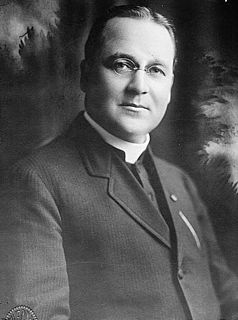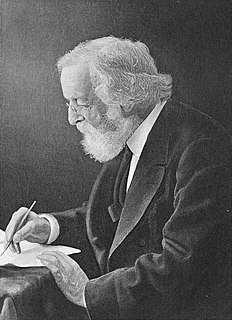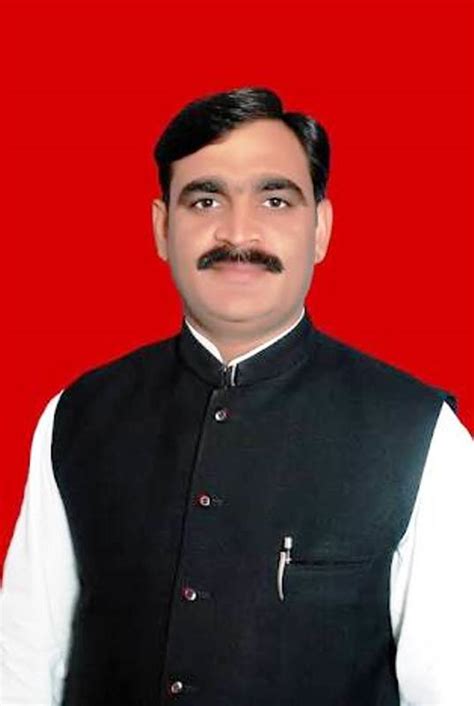A Quote by Edwin Hubbel Chapin
No man knows the genuineness of his convictions until he has sacrificed something for them.
Quote Topics
Related Quotes
The truly educated man is not a man who knows a bit of everything, not even the man who knows all the details of all subjects (if such a thing were possible): the “whole man” in fact, may have little detailed knowledge of facts and theories...but he will be truly in touch with the centre. He will not be in doubt about his basic convictions, about his view on the meaning and purpose of his life. He may not be able to explain these matters in words, but the conduct of his life will show a certain sureness of touch which stems from this inner clarity.
Everybody was talking about the religious man who committed suicide. While no one in the monastery approved of the man's action, some say they admired his faith. Faith?" said the Master. He had the courage of his convictions, didn't he?" That was fanaticism, not faith. Faith demands a greater courage still: to reexamine one's convictions and reject them if they do not fit the facts.
A poet is no rattlebrain, saying what comes uppermost, and, because he says every thing, saying, at last, something good; but a heart in unison with his time and country. There is nothing whimsical or fantastic in his production, but sweet and sad earnest, freighted with the weightiest convictions, and pointed with the most determined aim which any man or class knows of in his times.
A man’s ignorance sometimes is not only useful, but beautiful - while his knowledge, so called, is oftentimes worse than useless, besides being ugly. Which is the best man to deal with - he who knows nothing about a subject, and, what is extremely rare, knows that he knows nothing, or he who really knows something about it, but thinks that he knows all?
There are four types of men in this world: 1. The man who knows, and knows that he knows; he is wise, so consult him. 2. The man who knows, but doesn't know that he knows; help him not forget what he knows. 3. The man who knows not, and knows that he knows not; teach him. 4. Finally, there is the man who knows not but pretends that he knows; he is a fool, so avoid him.
The act of greatest subversion ... is the one of indifference. A man, or a group, finds it unbearable that someone can be simply uninterested in his, or its, convictions. ... There is a degree of complicity, or mutual respect, between the believer and the man who attacks his beliefs (the revolutionary), for the latter takes them seriously.
All the strength and force of man comes from his faith in things unseen. He who believes is strong; he who doubts is weak. Strong convictions precede great actions. The man strongly possessed of an idea is the master of all who are uncertain or wavering. Clear, deep, living convictions rule the world.
The mechanic, when a wheel refuses to turn, never thinks of dropping on his knees and asking the assistance of some divine power. He knows there is a reason. He knows that something is too large or too small; that there is something wrong with his machine; and he goes to work and he makes it larger or smaller, here or there, until the wheel will turn.






































